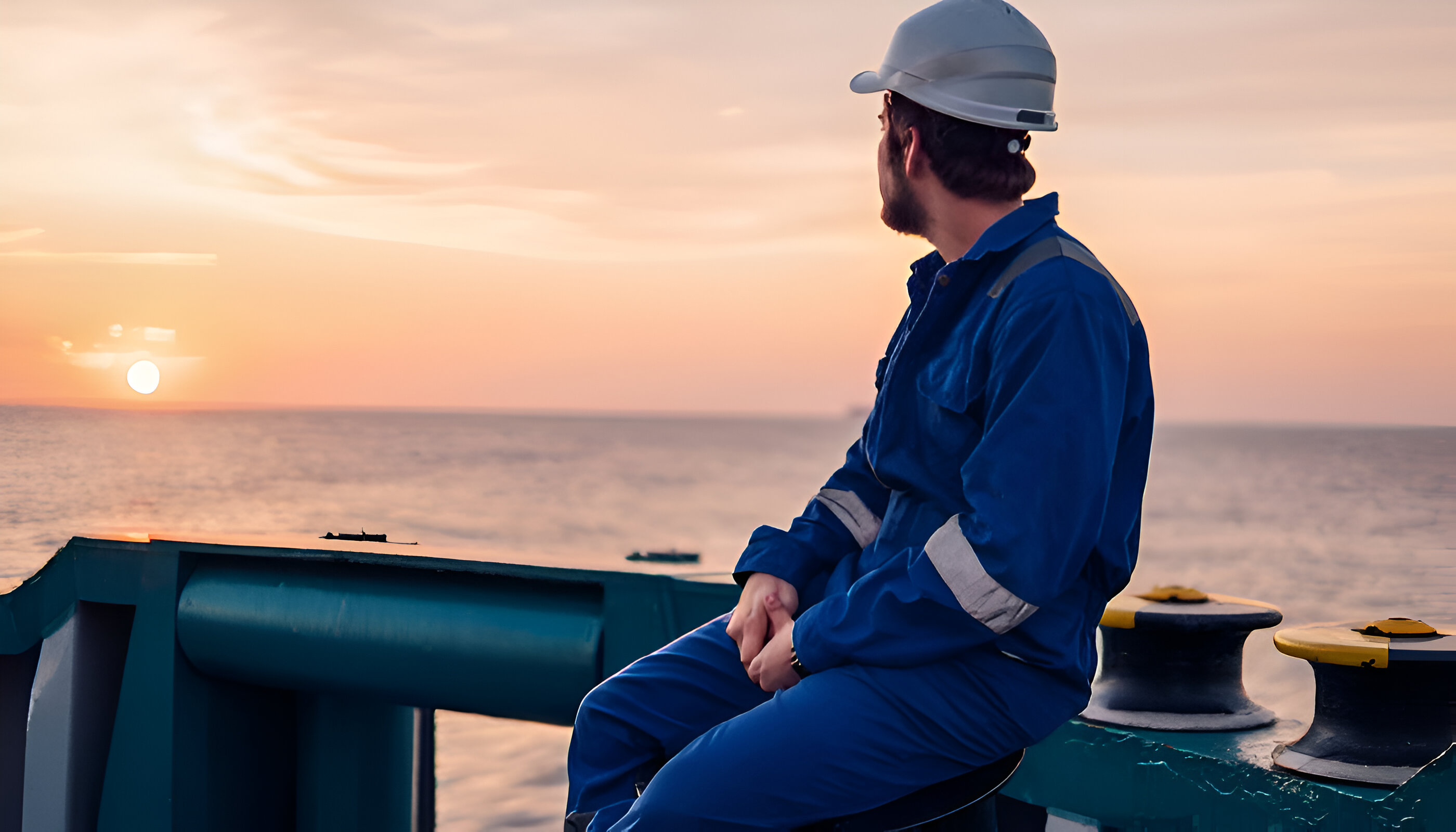WASHINGTON, May 29, 2020 /PRNewswire/ — Today Jennifer Carpenter, President & CEO of the American Waterways Operators, testified before the House Transportation and Infrastructure Subcommittee on Coast Guard and Maritime Transportation on the status of the U.S. maritime supply chain during the COVID-19 pandemic.
In written testimony submitted to the Subcommittee, Mrs. Carpenter framed her analysis in terms of three overarching messages: 1) the U.S. domestic maritime supply chain is resilient; 2) business continuity does not – and cannot – mean business as usual, especially where health and safety are concerned; and, 3) Congress has a vital role to play in ensuring the stability of the public policy pillars that create the foundation for the supply chain’s resilience and the nation’s recovery.
On supply chain resilience, Mrs. Carpenter emphasized that the American tugboat, towboat and barge industry is playing a key role in keeping the nation’s economy afloat, continuing to transport vital commodities and guiding ships safely into port. Mrs. Carpenter stated: “While cargo volumes in many sectors have declined due to depressed demand, mariners have continued to report to work, vessels have continued to operate, and the industry has adapted to maintain operational continuity and readiness.”
Mrs. Carpenter also observed that a critical component of maintaining operational continuity during the pandemic has been the early prioritization of crewmember health and safety: “The industry’s extensive experience with contingency planning, safety management systems and incident command structures has served it well in managing the health, safety and operational challenges posed by the pandemic. A tow on the river or an articulated tug-barge unit at sea for two to four weeks at a time is effectively a self-quarantined environment, and companies quickly put in place – and have continued to refine – procedures aimed at keeping the virus off their vessels.”
When discussing Congress’s role in supporting the maritime supply chain, Mrs. Carpenter noted there are: “…four pillars that enable the tugboat, towboat and barge industry to do the essential work it does for American shippers and the American economy. Those pillars – the Jones Act; modern, well-maintained ports and waterways infrastructure; a nationally consistent system of laws and regulations governing vessels in interstate commerce; and maritime safety – are more important than ever amid the circumstances of the COVID-19 pandemic.”
Mrs. Carpenter concluded: “The U.S. domestic maritime supply chain is resilient, and the tugboat, towboat and barge industry is well equipped to continue to serve our nation as we begin the long road to recovery from the economic disruption caused by this global public health crisis.”
Mrs. Carpenter’s full written testimony to the House Transportation and Infrastructure Subcommittee on Coast Guard and Maritime Transportation is available here.
About the American Waterways Operators
The American Waterways Operators is the national trade association representing the tugboat, towboat and barge industry, which operates on the rivers, the Great Lakes, and along the coasts and in the harbors of the United States. Barge transportation serves the nation as the safest, most environmentally friendly and most economical mode of freight transportation. www.americanwaterways.com
SOURCE American Waterways Operators





